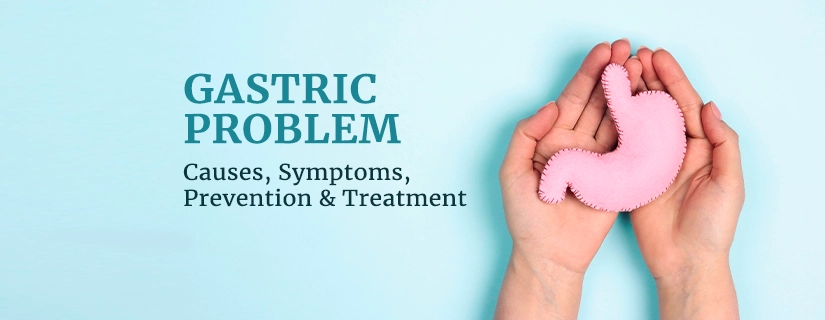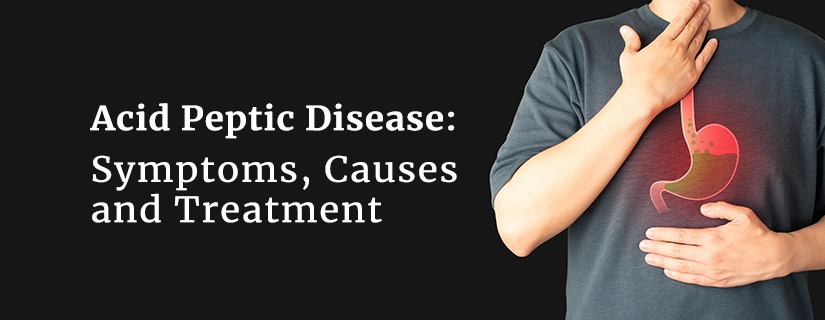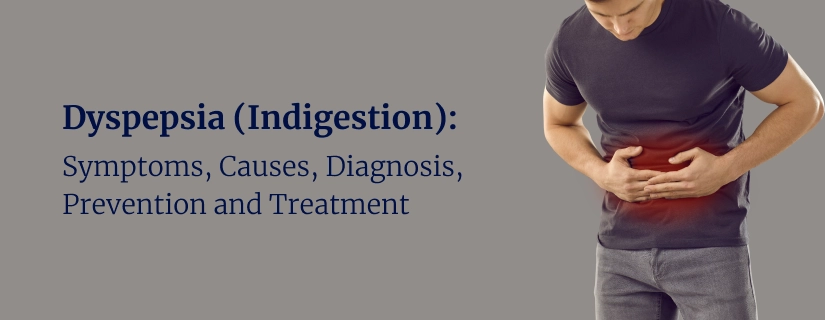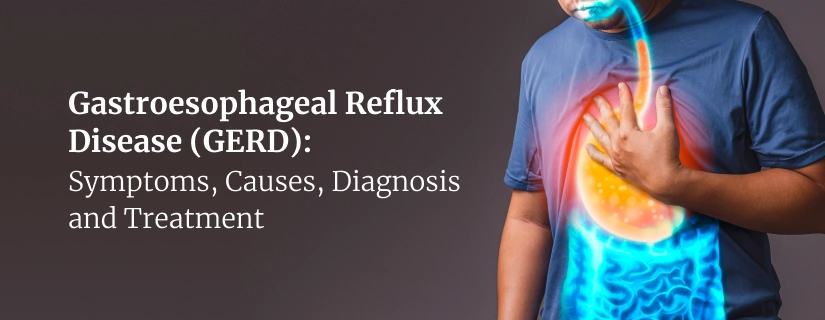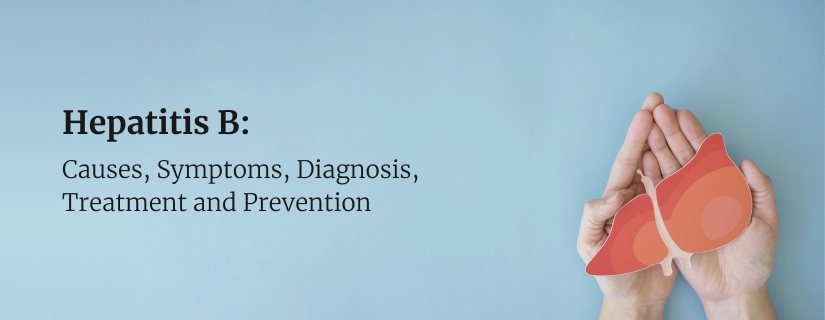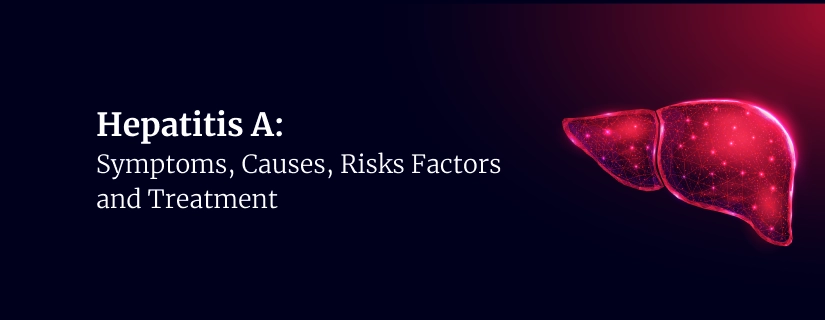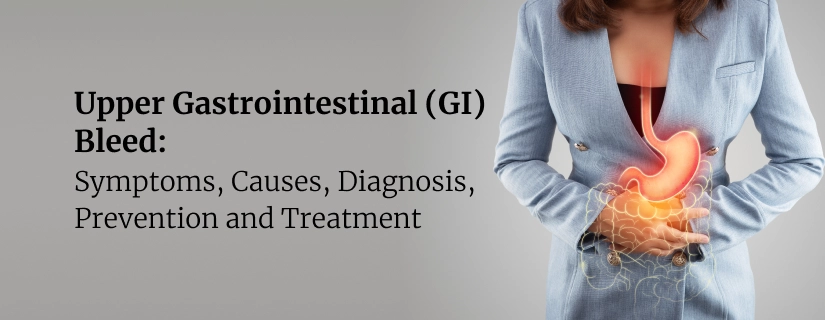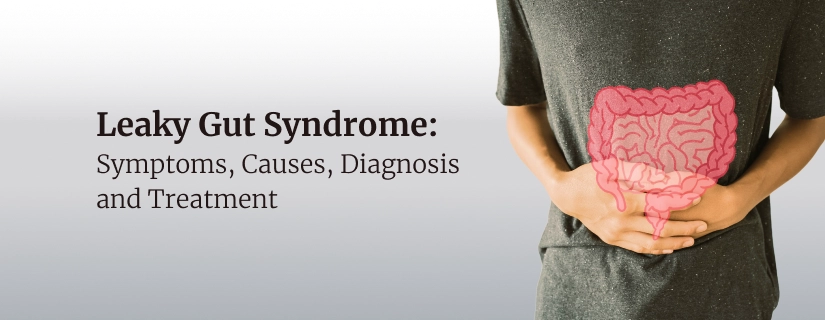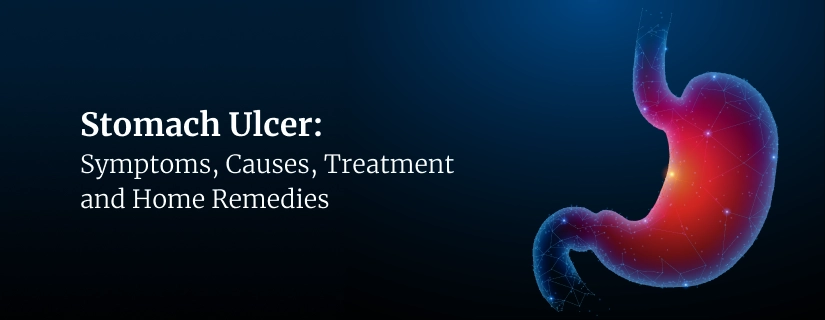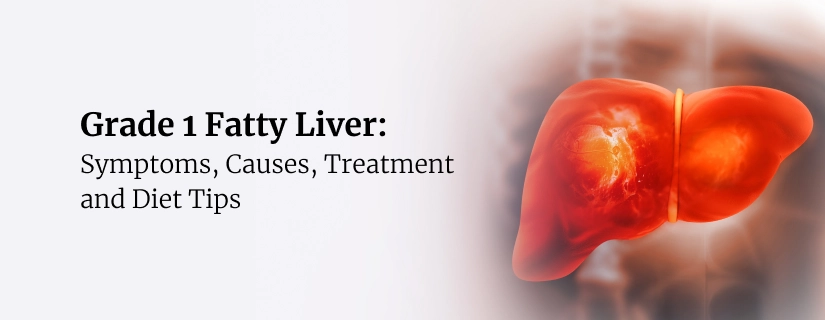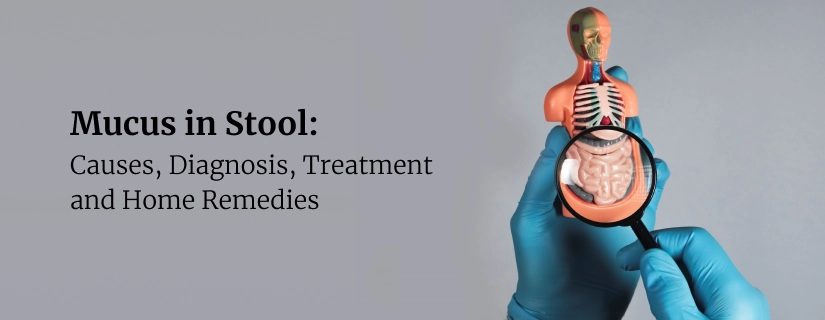-
Doctors
-
Specialities & Treatments
Centre of Excellence
Specialties
Treatments and Procedures
Hospitals & Directions HyderabadCARE Hospitals, Banjara Hills CARE Outpatient Centre, Banjara Hills CARE Hospitals, HITEC City CARE Hospitals, Nampally Gurunanak CARE Hospitals, Musheerabad CARE Hospitals Outpatient Centre, HITEC City CARE Hospitals, Malakpet
HyderabadCARE Hospitals, Banjara Hills CARE Outpatient Centre, Banjara Hills CARE Hospitals, HITEC City CARE Hospitals, Nampally Gurunanak CARE Hospitals, Musheerabad CARE Hospitals Outpatient Centre, HITEC City CARE Hospitals, Malakpet Raipur
Raipur
 Bhubaneswar
Bhubaneswar Visakhapatnam
Visakhapatnam
 Nagpur
Nagpur
 Indore
Indore
 Chh. Sambhajinagar
Chh. SambhajinagarClinics & Medical Centers
Book an AppointmentContact Us
Online Lab Reports
Book an Appointment
Consult Super-Specialist Doctors at CARE Hospitals
Dysentery: Symptoms, Causes, Diagnosis and Treatment
Updated on 27 March 2024

Infection in the intestines of an individual may give rise to diarrhoea that contains blood and mucus. This leads to a condition called dysentery. The main symptom of dysentery can be bloody stools. Dysentery can be diagnosed by a stool culture. Antibiotics are the main stay of treatment.
What is Dysentery?
An inflammatory disease of the intestine, dysentery is severe diarrhoea accompanied by blood. It is most commonly caused by parasitic pathogens and bacteria. The initial signs of dysentery include passing loose stools more than thrice a day. Dysentery is classified into two types:
- Amoebiasis: This is alternatively known as amoebic dysentery, based on the pathogen causing it. Typically, the presence of parasites E. histolytica, and strongyloidiasis in the intestines causes dysentery.
- Bacillary dysentery: Here the causing factor is bacteria. Salmonella and Campylobacter are the common types of bacterial pathogens causing this disease.
The reason for dysentery should be investigated by a healthcare provider.
Who does Dysentery Affect?
Anyone may get dysentery at any point of their lives and may occur when proper hygiene measures are not followed. It is more prevalent in the areas with poor sanitation facilities. People who don't practise good personal hygiene are also at risk of dysentery as well as spreading it to other people through contamination. It is always important to wash your hands after using the washroom.
What are the Symptoms of Dysentery?
Dysentery symptoms may involve severe diarrhoea with additional symptoms that may vary from person to person depending on the types of dysentery and severity of the condition.
Amoebiasis: If a person is affected by amoebiasis, there may not be any signs of dysentery in most cases. However, some people may get mild dysentery symptoms such as:
- High fever
- Nausea and vomiting
- Abdominal cramps
In rare cases, the parasite may travel to another part of the body and lead to an abscess.
Bacillary dysentery: Signs of dysentery due to bacteria in the intestine may include:
- Bloody diarrhoea
- High fever
- Nausea and vomiting
- Abdominal cramps
If this condition aggravates further, there may be severe inflammation along with dilatation of the large intestine. It may also cause acute kidney disease.
What are the Causes of Dysentery?
The main causes of dysentery disease are parasitic and bacterial infections. These pathogens are highly contagious in nature which makes dysentery an easily transmissible disease. Dysentery causes pathogens to spread through contamination of food or water by faecal matter from an already infected individual. This is mostly a result of not maintaining good personal hygiene or when there is a dearth of proper water supply.
Common types of bacteria that may cause dysentery are:
- E. coli
- Shigella
- Campylobacter
- Salmonella
How is Dysentery Diagnosed?
If dysentery symptoms don't resolve on their own within a few days or if the condition becomes severe with blood loss through stools, it is important to seek a doctor's advice and get treated. They may check your symptoms, perform a physical examination, and recommend some tests to be performed.
Tests for dysentery may include stool culture wherein a sample of stool is tested in a laboratory to look for the presence of amoebic parasites, and bacteria. The sample may be collected in a special container provided by the hospital.
The doctor may also perform a sigmoidoscopy procedure to look inside the colon region which may help to rule out the condition.
Treatment of Dysentery
The treatment for dysentery is aimed at removing the pathogens as early as possible. The most common dysentery treatment if it is caused by amoeba is through the administration of medicines.
If the reason for dysentery is bacteria cases of bacterial dysentery, persistent symptoms are treated by antibiotics. Few pts are required IV intravenous fluids, it is possible to get better without any treatment or other medication. However, if the condition doesn't get better, patients may require medical intervention where they may be put on intravenous fluid and antibiotic administration.
How Can I Prevent Dysentery?
The best way to prevent dysentery is to practise good personal hygiene and avoid consuming foods from places where hygiene is not maintained. Here are some tips to help prevent dysentery:
- Use filtered or Boiled water
- Wash fruits and vegetables under running water and peel them before consuming.
- Cook food properly.
Dysentery Complications
Bacillary dysentery, in a few patients may become more severe and cause some complications. Apart from typical symptoms of diarrhoea, vomiting, and high fever, the patient may also experience severe pain in abdomen, widening of the toxic dilation of the large intestine, and even acute kidney disease.
When to Contact a Doctor for Dysentry?
Dysentery, be it amoebic or bacterial, tends to get better on one's own. However, it is possible that it may not improve or become more severe by the day. In such cases, consult a doctor immediately.
Conclusion
Dysentery is a common form of diarrhoea condition which may contain blood and mucus. Dysentery causes and symptoms dictate management in an individual which may be through antibiotic administration or via IV medication.
FAQs
1. What should I eat in dysentery?
It is important to replenish fluids by drinking enough water. If you have dysentery, you should consume a bland diet consisting of rice, bananas, bread, and avoid milk and milk products. You can also eat porridge (khichdi), boiled vegetables, fruits, and curd.
2. How long does it take to recover from dysentery?
The standard period of time taken to recover from dysentery is around a week or less.
3. Is curd good for dysentery?
Curd contains many probiotics and has a natural soothing effect on the gut, and is considered effective in treating dysentery.

ENQUIRY FORM
SELECT CATEGORIES
-
Neurosciences (16)
-
Neurology (37)
-
Neurosurgery (14)
-
Orthopaedics (48)
-
Oncology (33)
-
Obstetrics and gynecology (51)
-
Pulmonology (23)
-
Urology (20)
-
Nephrology (13)
-
Psychiatry (7)
-
Dietetics and Nutrition (111)
-
General Medicine (63)
-
Cardiac Sciences (30)
-
Vascular & Endovascular Surgery and Interventional Radiology (10)
-
Gastroenterology (46)
-
Endocrinology (23)
-
Plastic Surgery (10)
-
Critical Care Medicine (5)
-
COVID-19 (16)
-
Dermatology (16)
-
Emergency Care (1)
-
Ophthalmology (4)
-
Pediatrics (14)
-
Laparoscopic and Bariatric Surgery (8)
-
ENT (15)
-
Kidney Transplant (1)
-
Liver Transplantation and Hepatobiliary Surgery (5)
-
General Surgery (3)
-
Internal Medicine (5)
-
Medicine Information
Diet After Gallbladder Removal: What to Eat and What to Avoid
Gastroparesis: Symptoms, Causes, Diagnosis and Treatment
YOU MAY ALSO LIKE
RECENT BLOGS
-

Direct Anterior Approach in Total Hip Replacement: Advantages and Challenges
10 April 2025
Read More
-

Zinc Deficiency: Signs and Symptoms, Causes, Treatment
9 April 2025
Read More
-

Chest Pain When Coughing: Causes, Treatment and Home Remedies
9 April 2025
Read More
-

12 Health Benefits of Eating Mushrooms
8 April 2025
Read More
-

7 Health Benefits of Blood Donation You Should Know About
8 April 2025
Read More
-

Implantation Bleeding Vs Periods: Know the Difference
28 February 2025
Read More
-

Bloating During Ovulation: Symptoms, Causes and Remedies
28 February 2025
Read More
-

Itching During Dengue: Causes, Treatment and Home Remedies
18 February 2025
Read More
Have a Question?
If you cannot find answers to your queries, please fill out the enquiry form or call the number below. We will contact you shortly.














